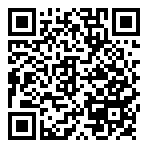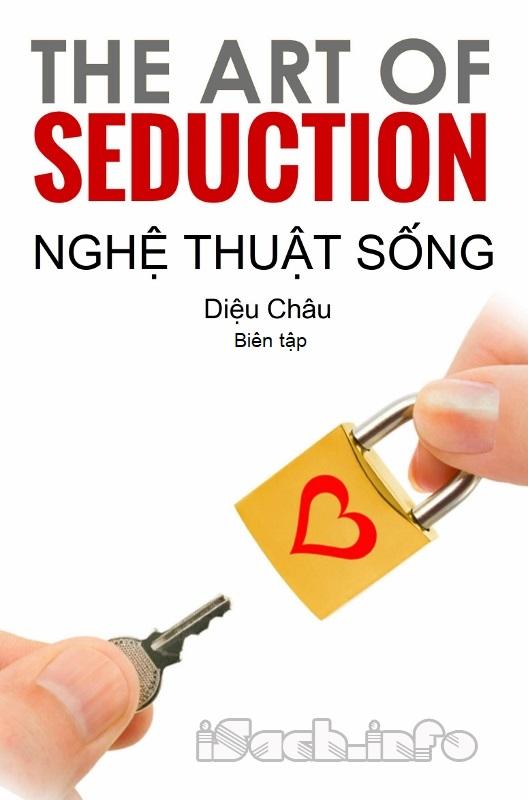The Mythic Star
O
n July 2, 1960, a few weeks before that year's Democratic National Convention, former President Harry Truman publicly stated that John F. Kennedy—who had won enough delegates to be chosen his party's candidate for the presidency—was too young and inexperienced for the job. Kennedy's response was startling: he called a press conference, to be televised live, and nationwide, on July 4. The conference's drama was heightened by the fact that he was away on vacation, so that no one saw or heard from him until the event itself. Then, at the appointed hour, Kennedy strode into the conference room like a sheriff entering Dodge City. He began by stating that he had run in all of the state primaries, at considerable expense of money and effort, and had beaten his opponents fairly and squarely. Who was Truman to circumvent the democratic process? "This is a young country," Kennedy went on, his voice getting louder, "founded by young men... and still young in heart.... The world is changing, the old ways will not do,... It is time for a new genera-tion of leadership to cope with new problems and new opportunities." Even Kennedy's enemies agreed that his speech that day was stirring. He turned Truman's challenge around: the issue was not his inexperience but the older generation's monopoly on power. His style was as eloquent as his words, for his performance evoked films of the time—Alan Ladd in Shane confronting the corrupt older ranchers, or James Dean in Rebel With-out a Cause. Kennedy even resembled Dean, particularly in his air of cool detachment.A few months later, now approved as the Democrats' presidential candidate, Kennedy squared off against his Republican opponent, Richard Nixon, in their first nationally televised debate. Nixon was sharp; he knew the answers to the questions and debated with aplomb, quoting statistics on the accomplishments of the Eisenhower administration, in which he had served as vice-president. But beneath the glare of the cameras, on black and white television, he was a ghastly figure—his five o'clock shadow covered up with powder, streaks of sweat on his brow and cheeks, his face drooping with fatigue, his eyes shifting and blinking, his body rigid. What was he so worried about? The contrast with Kennedy was startling. If Nixon looked only at his opponent, Kennedy looked out at the audience, making eye contact with his viewers, addressing them in their living rooms as no politi-cian had ever done before. If Nixon talked data and niggling points of de-bate, Kennedy spoke of freedom, of building a new society, of recapturing America's pioneer spirit. His manner was sincere and emphatic. His words were not specific, but he made his listeners imagine a wonderful future.
The day after the debate, Kennedy's poll numbers soared miraculously, and wherever he went he was greeted by crowds of young girls, screaming and jumping. His beautiful wife Jackie by his side, he was a kind of demo-cratic prince. Now his television appearances were events. He was in due course elected president, and his inaugural address, also broadcast on televi-sion, was stirring. It was a cold and wintry day. In the background, Eisen-hower sat huddled in coat and scarf, looking old and beaten. But Kennedy stood hatless and coatless to address the nation: "I do not believe that any of us would exchange places with any other people or any other generation. The energy, the faith, the devotion which we bring to this endeavor will light our country and all who serve it—and the glow from that fire can truly light the world."
Over the months to come Kennedy gave innumerable live press confer-ences before the TV cameras, something no previous president had dared. Facing the firing squad of lenses and questions, he was unafraid, speaking coolly and slightly ironically. What was going on behind those eyes, that smile? People wanted to know more about him. The magazines teased its readers with information—photographs of Kennedy with his wife and children, or playing football on the White House lawn, interviews creating a sense of him as a devoted family man, yet one who mingled as an equal with glamorous stars. The images all melted together—the space race, the Peace Corps, Kennedy facing up to the Soviets during the Cuban missile crisis just as he had faced up to Truman.
After Kennedy was assassinated, Jackie said in an interview that before he went to bed, he would often play the soundtracks to Broadway musicals, and his favorite of these was Camelot, with its lines, "Don't let it be forgot / that once there was a spot / For one brief shining moment / That was known as Camelot." There would be great presidents again, Jackie said, but never "another Camelot." The name "Camelot" seemed to stick, making Kennedy's thousand days in office resonate as myth.
Kennedy's seduction of the American public was conscious and calculated.
It was also more Hollywood than Washington, which was not surprising:
The Star • 125
Kennedy's father, Joseph, had once been a movie producer, and Kennedy himself had spent time in Hollywood, hobnobbing with actors and trying to figure out what made them stars. He was particularly fascinated with Gary Cooper, Montgomery Clift, and Cary Grant; he often called Grant for advice.
Hollywood had found ways to unite the entire country around cer-tain themes, or myths—often the great American myth of the West. The great stars embodied mythic types: John Wayne the patriarch, Clift the Promethean rebel, Jimmy Stewart the noble hero, Marilyn Monroe the siren. These were not mere mortals but gods and goddesses to be dreamed and fantasized about. All of Kennedy's actions were framed in the conven-tions of Hollywood. He did not argue with his opponents, he confronted them dramatically. He posed, and in visually fascinating ways—whether with his wife, with his children, or alone onstage. He copied the facial expressions, the presence, of a Dean or a Cooper. He did not discuss policy details but waxed eloquent about grand mythic themes, the kind that could unite a divided nation. And all this was calculated for television, for Kennedy mostly existed as a televised image. That image haunted our dreams. Well before his assassination, Kennedy attracted fantasies of America's lost innocence with his call for a renaissance of the pioneer spirit, a New Frontier.
Of all the character types, the Mythic Star is perhaps the most powerful of all. People are divided by all kinds of consciously recognized categories— race, gender, class, religion, politics. It is impossible, then, to gain power on a grand scale, or to win an election, by drawing on conscious awareness; an appeal to any one group will only alienate another. Unconsciously, how-ever, there is much we share. All of us are mortal, all of us know fear, all of us have been stamped with the imprint of parent figures; and nothing con-jures up this shared experience more than myth. The patterns of myth, born out of warring feelings of helplessness on the one hand and thirst for immortality on the other, are deeply engraved in us all.
Mythic Stars are figures of myth come to life. To appropriate their power, you must first study their physical presence—how they adopt a dis-tinctive style, are cool and visually arresting. Then you must assume the pose of a mythic figure: the rebel, the wise patriarch, the adventurer. (The pose of a Star who has struck one of these mythic poses might do the trick.) Make these connections vague; they should never be obvious to the con-scious mind. Your words and actions should invite interpretation beyond their surface appearance; you should seem to be dealing not with specific, nitty-gritty issues and details but with matters of life and death, love and hate, authority and chaos. Your opponent, similarly, should be framed not merely as an enemy for reasons of ideology or competition but as a vil-lain, a demon. People are hopelessly susceptible to myth, so make yourself the hero of a great drama. And keep your distance—let people identify with you without being able to touch you. They can only watch and dream.
Jack's life had more to do with myth, magic, legend, saga, and story than with political theory or political science.
—JACQUELINE KENNEDY, A WEEK AFTER JOHN KENNEDY'S DEATH



 ePub
ePub A4
A4